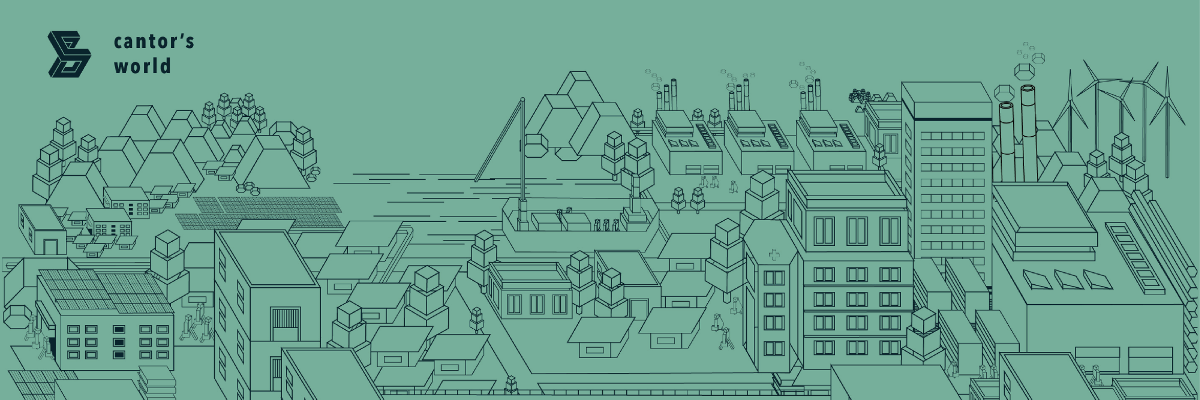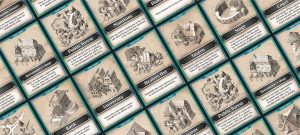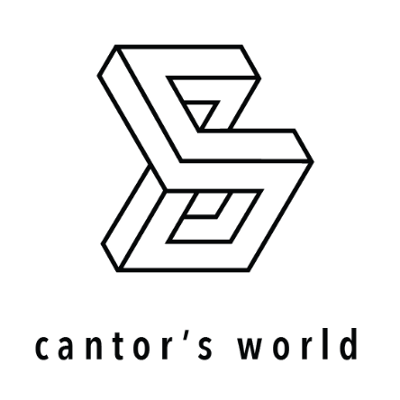
Something strange happened at an evening session of a national conference for environmental economists, held last November in a humid city in the south of India. The economists sat huddled in groups, arguing, and conversing in excited bursts. This session was starkly different from the rest of the conference, where the participants sat in neatly ordered rows listening to detailed lectures, often interspersed with mathematical equations, and politely asked questions during the slot allotted, never out of turn. In this session they were shouting to each other, laughing, and the energetic buzz, which zapped around despite the oppressive heat, seemed to indicate that something strange was indeed happening – these usually serious professionals were having fun! How come? Well, the answer is simple – the economists were playing a game, Cantor’s World, designed by Fields of View in collaboration with UNESCO MGIEP.
Indicators for the progress of nations
Before we delve into Cantor’s World, we need to take a short tour of indicators used for measuring progress of nations, as it is the key topic of the game. Everyone knows about the GDP or Gross Domestic Product. Though the person who came up with the GDP had never intended it to be used the way it is today, the indicator is used everywhere for planning – even though many economists themselves do not advocate for it. The HDI or Human Development Index, for instance, was introduced as a complement (or alternative, depending on who you speak to) to the GDP. The HDI focused on people rather than on manufactured capital to measure how developed a country is. But there still remained one problem – both the GDP and the HDI did not take into account the environment. Do we really want to aim for the moon with our GDP, even if it means that our planet may become as uninviting as a lunar landscape?
The Inclusive Wealth Index
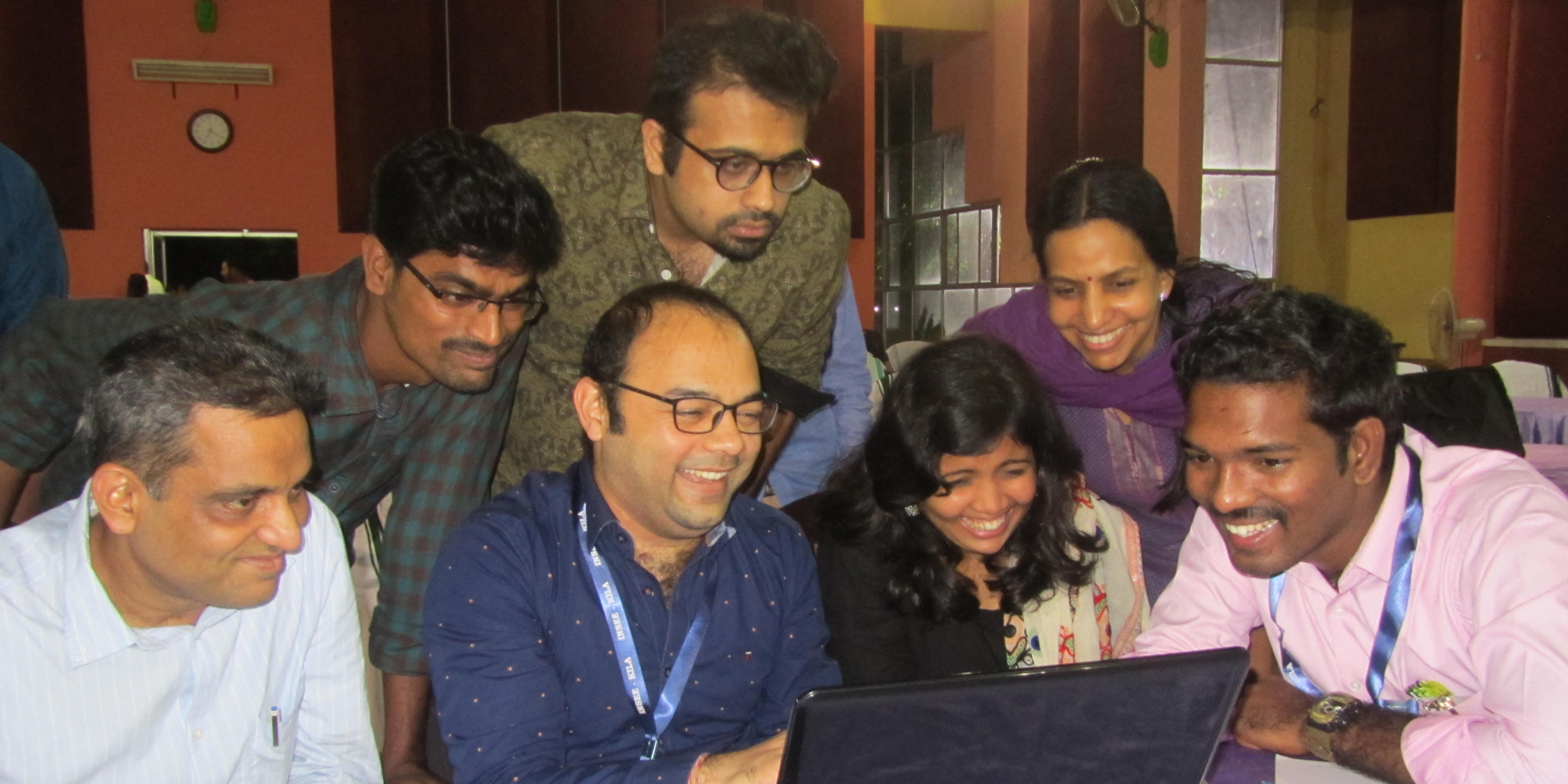
The search for more environment-centred solutions laid out the foundation of the Inclusive Wealth Index (IWI). It was first mentioned in 2012 in a UN report. The authors claimed that the IWI was a way to acknowledge and articulate the interconnectedness of the economy, environment, and human well-being. The Inclusive Wealth Index measures natural capital, human capital, and manufactured capital of a country. It is thus by far the most comprehensive approach to economic measurements. The question is, however, how can planners, economists, and people interested in sustainability understand this indicator? How can the IWI be used as a complement to GDP and HDI? What trade-offs does this indicator entail in the process of planning? To answer these questions, you could read lots of reports, pore over complicated graphs, and rack your brains over mathematical equations. Or you could play Cantor’s World, a game designed for students and policymakers to learn about the IWI.
How does it work?
Games have been widely used to understand complex problems, such as policymaking, and explore ways to tackle them. By providing a space for reflection, collaboration, and learning, games allow participants to reflect upon their choices, explore and experience multiple outcomes, and learn from failure. Cantor’s World is built on a model whose source database contains input from 140 countries listed by the UN. The source database comprises the data points for IWI, which include produced capital, human capital, natural capital, and the country’s available resources of most of the independent or stock variables used to calculate the wealth of capitals.
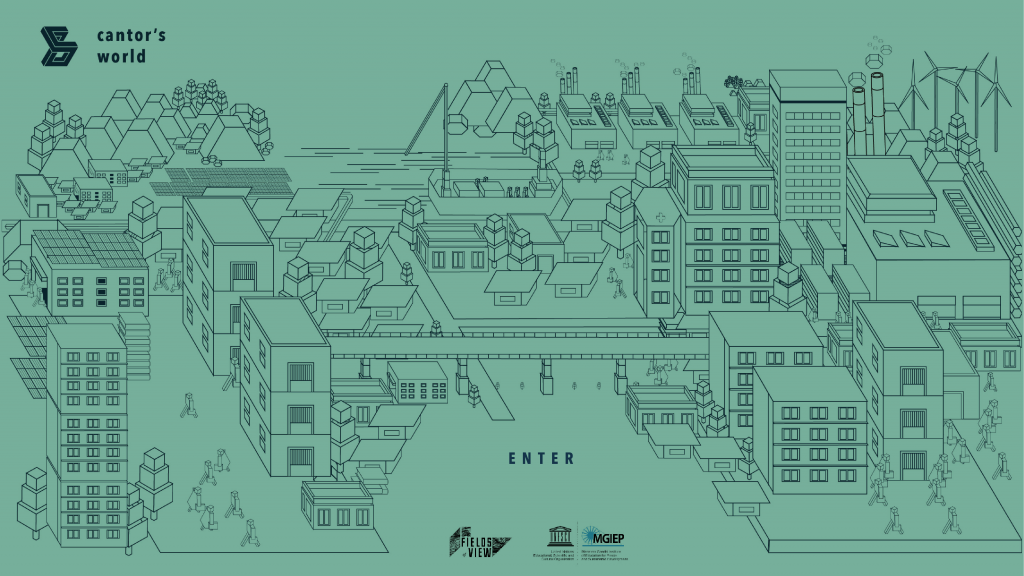
Apart from players, the game’s software allows for an administrator, who can perform housekeeping tasks for the game, and a facilitator, who can finetune different parameters for a particular game session. The game is designed for a classroom setting for a class of 15-20 students (or similar sized batches if there are more students); and can be played for anywhere between a two-week intensive programme to a six-month semester course.
A game for capacity building
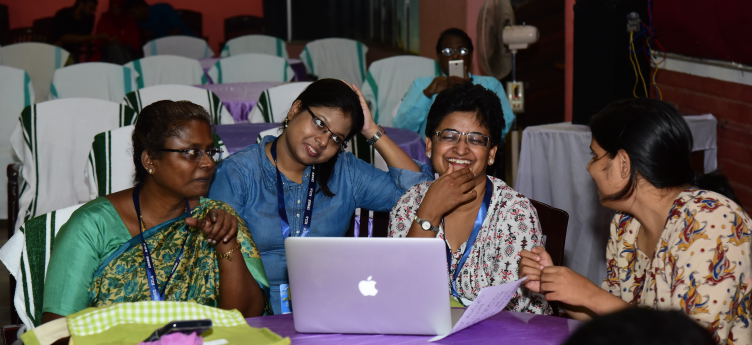
In Cantor’s World, you play the role of a chief decision-maker of a country. The other players would be chief decision-makers of different countries. You set what goals you want to achieve at the outset, in terms of which Sustainable Development Goals you wish to achieve. The game is played in rounds, each round marks a year, and you play over a twenty-year period beginning in 1991. Every round, you make choices about which policies to invest in. You can see how your choices affect different indicators, such as GDP, HDI, and IWI. You can also see what the SDGs are, and how your country is doing in terms of those Sustainable Development Goals. In other words, you can experiment with different policy choices, and experience first-hand the tug-of-war between short-term results and long-term sustainability.
How did you like this interview? Let us know in the comment section or on our social media!
You can also fill this short survey to help us create better contentent for you!
For more games about reducing inequalities visit our Blog and Gamepedia!

